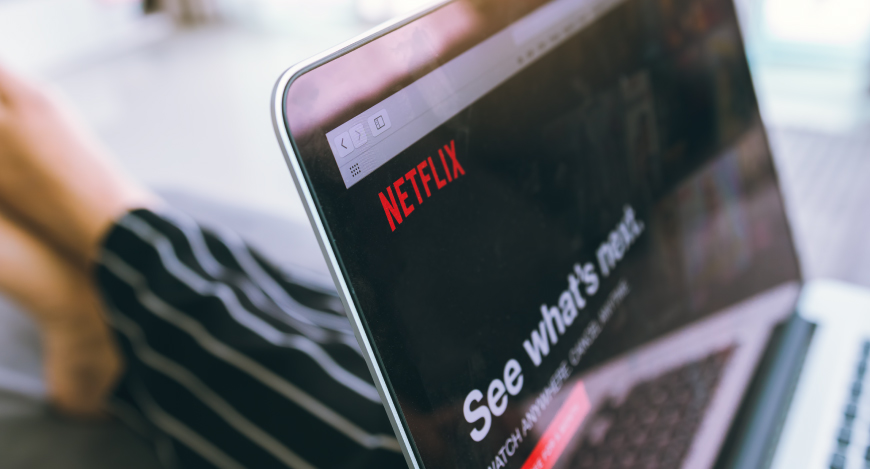Industry Focus
- Home
- Investment Opportunities
- Latest Information
- Industry Focus

The World Captivated by K-Content
Meanwhile, back in April 2022, every corner of Las Vegas was dyed purple to celebrate the third performance of “BTS Permission to Dance on Stage” in the city, after the concerts in Los Angeles and Seoul. The name of Las Vegas’ social media account was changed to "Borahaegas,” a combination of Borahae, which means “I love BTS,” and Las Vegas, while global fans of BTS gathered in the city. Furthermore, the septet won awards at the American Music Awards (AMAs) for the fifth straight year to date, including the “Artist of the Year” in 2021. Most notably, BTS, together with US President Biden, spoke up for the eradication of Anti-Asian hate crimes in May 2022 at the White House.
Besides Squid Game and BTS, other numerous Korean movies, dramas, and music also grabbed the attention of the global market. K-content, also known as Hallyu, refers to cultural content planned or produced in Korea and has become part of the mainstream in the world's cultural market. Hallyu has grown into a global cultural phenomenon created and enjoyed by people worldwide. On top of that, the K-content once again demonstrated its power as domestically produced dramas, such as “Extraordinary Attorney Woo” and “Hometown Cha-Cha-Cha,” were introduced to the world via global platforms, resulting in its gaining popularity.

Active Use of Global Online Platform
| Ranking | Country | 2020p | 2021 | 2022 | 2023 | 2024 | 2025 | Annual Price Variation |
|---|---|---|---|---|---|---|---|---|
| 1 | US | 8,446 | 8,925 | 9,519 | 9,885 | 10,230 | 10,543 | 4.54 |
| 2 | China | 3,449 | 3,699 | 3,939 | 4,153 | 4,339 | 4,505 | 5.49 |
| 3 | Japan | 1,943 | 2,034 | 2,109 | 2,156 | 2,201 | 2,243 | 2.91 |
| 4 | Germany | 999 | 1,058 | 1,128 | 1,169 | 1,206 | 1,237 | 4.36 |
| 5 | UK | 971 | 1,058 | 1,136 | 1,194 | 1,250 | 1,305 | 6.1 |
| 6 | France | 680 | 728 | 782 | 816 | 849 | 878 | 5.25 |
| 7 | Korea | 598 | 641 | 679 | 709 | 735 | 759 | 4.87 |
| 8 | Canada | 544 | 574 | 610 | 636 | 660 | 681 | 4.62 |
| 9 | Italy | 382 | 417 | 454 | 472 | 488 | 500 | 5.54 |
| 10 | India | 352 | 401 | 448 | 494 | 540 | 586 | 10.75 |
Public-Private Efforts to Promote K-content
In the meantime, after the launch of the new administration in May 2022, 120 policy agendas were presented. One of them was “to make the K-content appeal to the world.” Plus, in order to form a foundation for the K-content, the Ministry of Culture, Sports and Tourism, the Korea Communication Commission, and the Ministry of Science and ICT decided to pursue the establishment of the control tower for the media and content industry. The administration also suggested other relevant agendas that allow financial support policies “to foster enterprises holding global content IP,” “to create a fair environment centering on creators,” and “to bolster cultural sovereignty through copyright protection.” In particular, the government promised to nurture the main genres of K-pop, games, drama, films, and webtoons and provide supports so that Korea can be a content powerhouse both in name and reality. For the time being, Korea's cultural content industry appears to walk a bright path ahead since both the private sector and the government are willing to make steady efforts underpinned by the global popularity and production capability of the K-content.
By Kyuchan Kim (qchan@kcti.re.kr)
Research Fellow
Korea Culture & Tourism Institute
< The opinions expressed in this article are the author’s own and do not reflect the views of KOTRA.>










